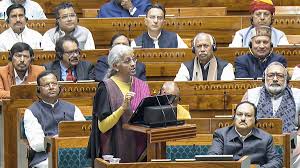Bangladesh’s political upheaval disrupts exports, affecting global supply chains, especially in textiles.

Bangladesh is currently facing a period of significant national unrest, leading to the resignation and flight of long-term Prime Minister Sheikh Hasina to India. The unrest, initially sparked by the imposition of a quota system for government jobs, has grown into widespread discontent over years of increasing autocratic governance. This turmoil is having a profound impact on global supply chains, particularly within the textile industry, where Bangladesh is a key player.
The political and economic crisis, exacerbated by rising oil prices due to Russia’s invasion of Ukraine, led to a financial collapse that required a $4.7 billion bailout from the International Monetary Fund. The resulting instability has caused severe disruptions in the country’s export capabilities, with factory closures and halted inland distribution of containers creating bottlenecks at ports. Chittagong, the main port, was shut down for five days, further complicating logistics.
In response, Maersk provided an update to customers, noting that while some factories have reopened with limited staffing, the movement of goods remains slow. The crisis has also led to a shortage of foreign currency, affecting the import of capital goods, particularly from India, and impacting regional value chains.
The unrest underscores the risks associated with doing business in emerging markets, where political instability can quickly disrupt supply chains. Although Bangladesh’s role in global value chains is less entrenched than that of countries like Vietnam, the current situation highlights the vulnerabilities of reliance on low-value exports in a volatile political climate.











